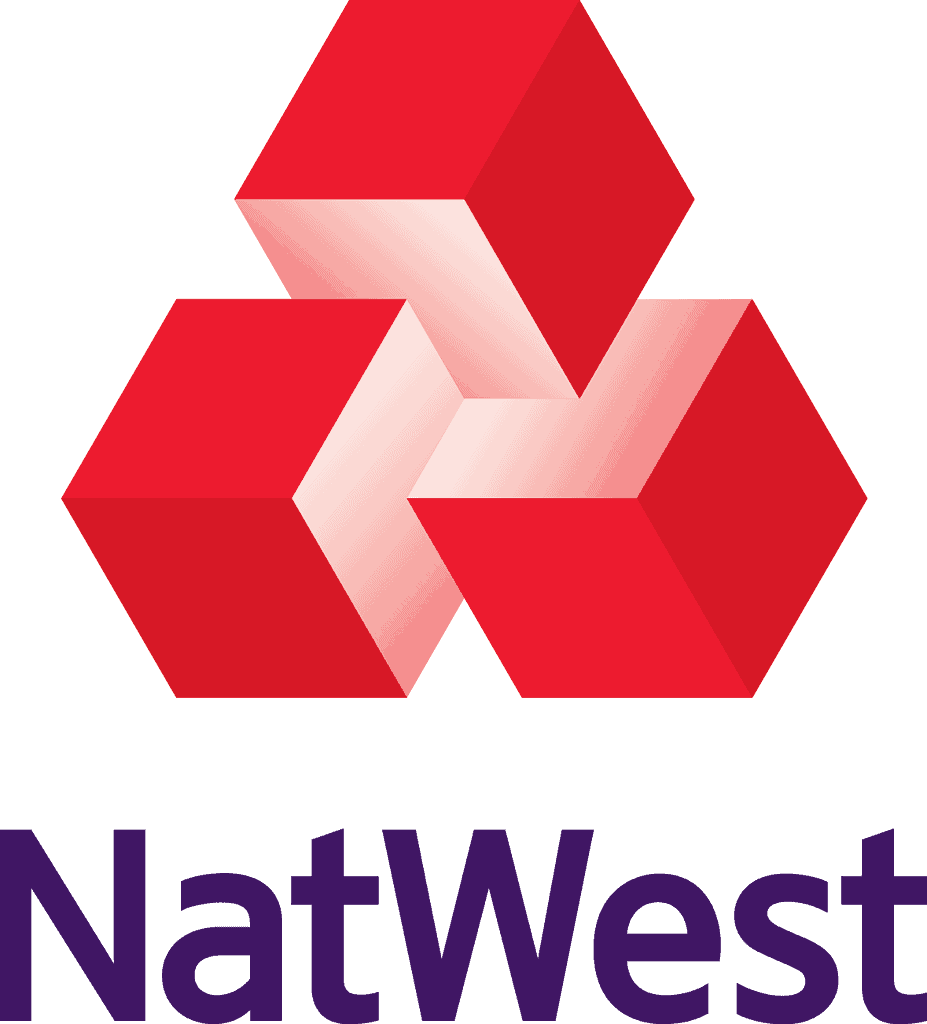New technologies and industry collaborations offer corporates a way to digitise the end-to-end supply chain, writes James Waud, Head of Large Corporate Transaction Services Sales and Inbound Banking at NatWest.

Some of the biggest challenges corporates have always faced in domestic and international trading are the huge volumes of paper, multiple handoffs between counterparties, and the consequent lack of visibility and transparency around the progress of a specific trade. Addressing these problems can be a huge drain on resources for multinationals.
Simplifying and gaining visibility with technology
Thankfully, advances in technology are starting to revolutionise supply chains and the way companies trade.
Advanced analytics are enabling much greater insight into supply chains, beyond a corporate’s biggest suppliers. This can help sustain the smallest suppliers from the furthest reaches of the supply chain, where support may be most needed and where vulnerabilities in the supply chain could be hidden. This can be vital in managing reputational risk, so having end-to-end visibility offers a real benefit.
Technology such as digital imaging, robotics and artificial intelligence (AI) are enabling paper-based processes to be digitised, which is critical to solving issues around visibility, transparency and processing speed.
With open account trade becoming more prevalent, there is a trend for corporates to move away from process-heavy traditional trade finance products. This is fuelling the growth in many forms of supply chain finance (SCF), which are becoming increasingly widespread.
SCF provides a great example of where technology is helping both banks and corporates. The emergence of blockchain technology alongside digitised documentation helps solve key issues around visibility, transparency and trust – by creating one “true” record of a transaction with a built-in consensus mechanism for all parties involved in the transaction.

Connecting the market
With new technologies offering greater efficiencies to the trade environment, the vendor solutions market is getting crowded. However, the platforms that are on offer rarely cover the full spectrum of the trade ecosystem. For corporates, selecting the right technology can present a real challenge, as systems can be expensive to implement and run, as well as complex to integrate.
The good news is that with blockchain as an underlying technology, trade networks where corporates can ‘plug and play’ and integrate systems into their own enterprise resource planning (ERP) platforms become possible. This can remove the need for a complex integration, saving time and money while enabling a connected ecosystem.
One example of this is Marco Polo, a trade network that connects banks, corporates and third-party service providers through a network of ‘nodes’. Marco Polo uses application programming interfaces (APIs) and Corda blockchain technology and is integrated with the TradeIX front-end platform. A Marco Polo node embedded in a corporate ERP lets the treasurer interact with the Corda network without leaving their ERP environment.
Corda essentially operates as an open platform. In a similar way that developers can create apps on an Android platform, Corda is an ecosystem where technology providers can develop their own applications. This supports Marco Polo and other initiatives, such as Voltron (a platform supporting letters of credit), enabling users to select the functionality that is relevant to them and deploy it quickly – much as we currently use apps on a smartphone. As corporates pursue digitisation across their organisations to keep up with their own customer demands, the ability to avoid a resource-heavy implementation project and instead seamlessly connect to an end-to-end trade ecosystem can be a real benefit.
Join the conversation
This year has already seen a shift from pilot projects towards real transactions on these technologies. The world is moving fast, and corporates must decide whether they want to be an early adopter to innovate in this space or be a fast follower once the first wave of peers have started using the technology. When building a trade finance technology strategy, having objective support and advice from your banking partners is important.
Sponsored by:

About NatWest
NatWest serves customers in England and Wales supporting them with their personal, private and business banking needs, and supports large corporates in Western Europe.
Alongside a wide range of banking services, NatWest offers businesses specialist sector knowledge in areas such as manufacturing and technology, as well as access to specialist entrepreneurial support.